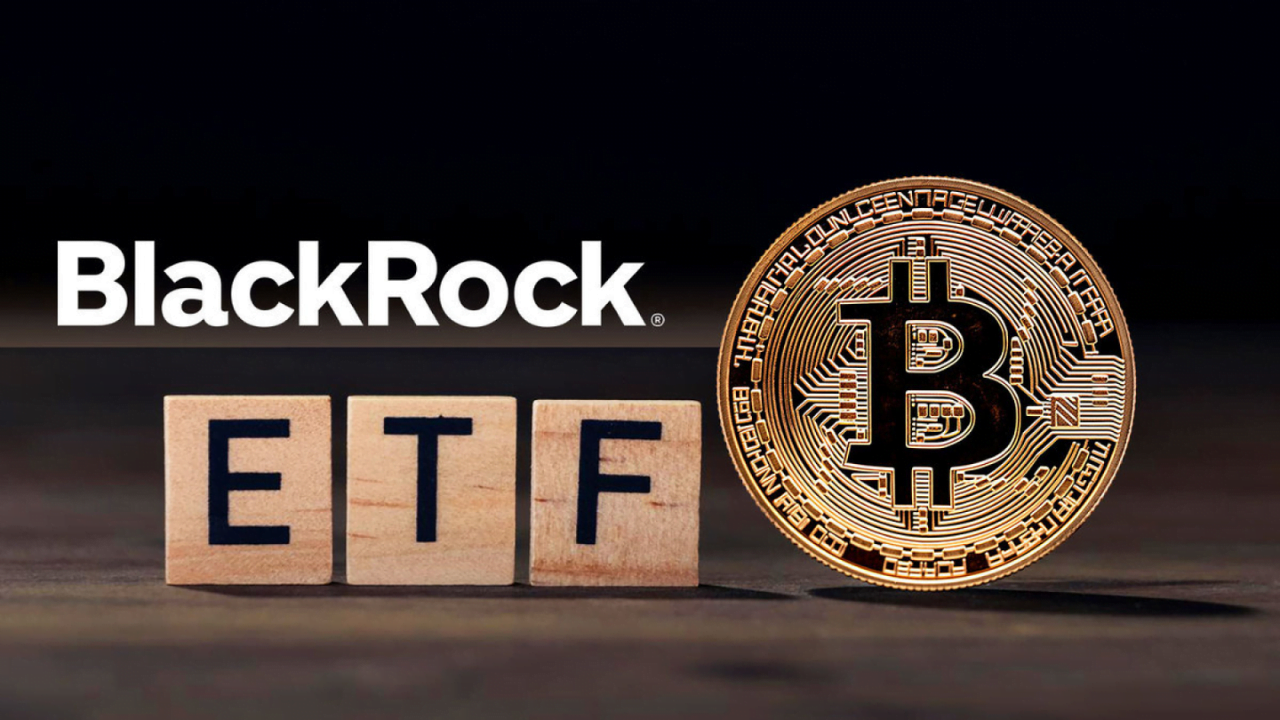While the appeal of cryptocurrencies has continued to grow, many potential investors remain wary of the technical complexities surrounding Bitcoin and other digital coins. The world of crypto wallets, intricate crypto addresses, and safeguarding private keys often appears daunting to beginners.
Such concerns have magnified the attraction of Bitcoin ETFs, or exchange-traded funds. Several major financial institutions have sprinted towards the goal of launching their version of a Bitcoin ETF; however, the elusive approval for a spot Bitcoin ETF still remains just out of reach.
So, what Bitcoin ETFs are currently out in the market, and how exactly do they function? Should you get associated with them? Dive into this article to unravel the answers.
Table of Contents
ToggleWhat are Bitcoin ETFs? How do they work?
A Bitcoin ETF enacts a bridge between the conventional finance world and the burgeoning realm of cryptocurrencies. It primarily tracks the assets linked to the pioneer cryptocurrency: Bitcoin. Unlike direct Bitcoin holdings or transactions, which require specialized platforms and wallets, a Bitcoin ETF can be purchased, sold, and traded on traditional stock market exchanges.
Currently, none of the Bitcoin ETFs directly hold Bitcoin. Some available Bitcoin ETFs invest in companies that are involved in the BTC and broader cryptocurrency ecosystem. This could be businesses that mine Bitcoin, offer cryptocurrency-related services or are heavily invested in the digital currency world. Another variety is the Bitcoin futures ETF. Instead of holding Bitcoin directly, these ETFs are backed by Bitcoin futures contracts. Futures are essentially agreements to buy or sell an asset at a predetermined price on a specific future date.
Why is there an increasing demand for Bitcoin ETFs?
One primary factor for the high demand for Bitcoin ETFs is their ability to simplify the complex world of crypto. For most retail investors, cryptocurrencies like Bitcoin can be a minefield. From understanding how blockchain works to navigating the myriad of regulations, it is a lot to take in. Add to that the challenge of maintaining a Bitcoin wallet and trusting in the still-evolving crypto exchanges, and it is no wonder many are hesitant.
In this regard, Bitcoin ETFs sidestep all these complications and emerge as a reliable product, encapsulating the benefits of traditional finance and crypto volatility. No private keys, no additional security measures – just shares in the ETF, akin to holding stocks. Via these funds, investors can engage with the lucrative domain of crypto without its associated technical hurdles.
Moreover, a Bitcoin ETF can help in portfolio diversification.
Depending on its structure, a Bitcoin ETF can be a mix of various assets. This could be Bitcoin, related stocks, or other crypto-assets. Even if the ETF is Bitcoin-exclusive, it provides an entry for traditional investors into the world of digital assets.
For investors with portfolios rooted in traditional markets, Bitcoin ETFs offer a chance to diversify without stepping completely out of their comfort zone. This balance between the old and new can be a powerful tool against market volatility.
Some pitfalls of Bitcoin ETF
While Bitcoin ETFs have been hailed for their benefits, as with any financial instrument, they come with their own set of disadvantages. Here is a look at some potential pitfalls to be wary of:
- The Hidden Costs: ETFs might seem like a convenient way to invest in Bitcoin without owning the asset, but they come at a cost. These funds have management fees, commonly known as the “expense ratio”. This is essentially the cost you pay to have professionals manage and maintain the ETF.
Key Point: Always check the expense ratio before investing. Ideally, it should be under 1%. If it is higher, a significant chunk of your investment could be going to the fund managers, not your investment itself.
- Ownership in Name Only: One of the main attractions of Bitcoin is the ability to own and control your assets. With a Bitcoin ETF, however, investors do not actually own any Bitcoin. Instead, they have exposure to its price movements. This means that you cannot swap your Bitcoin ETF units for other cryptocurrencies.
Takeaway: If genuine ownership and control over your crypto assets matter to you, a Bitcoin ETF might not be the right choice.
- The 9-to-5 Limitation: Cryptocurrencies, by nature, operate 24/7. This means you can trade them anytime, be it day or night but traditional financial exchanges, like the NYSE, however, have set hours. So, if Bitcoin’s price takes a sharp turn while the traditional exchanges are closed, you are left on the sidelines until they reopen.
Key point: Real-time reactions to market movements are crucial in the volatile world of cryptocurrencies. This limitation can be a significant drawback for some investors.
- The Price Mismatch: One might assume that a Bitcoin ETF would mirror Bitcoin’s price movements in real-time. But that’s not always the case, especially if the ETF has a mix of holdings. There can be delays or discrepancies between the actual price of Bitcoin and the value of the ETF.
Note: While this might not always lead to significant losses, it is essential to be aware that the ETF value may not always accurately represent Bitcoin’s real-time price.
Should you buy a Bitcoin ETF instead of Bitcoin?
Choosing between a Bitcoin ETF and an actual Bitcoin is not a one-size-fits-all decision. It is a balance between seeking security and embracing potential growth. The decision between investing in a Bitcoin ETF or directly owning Bitcoin largely hinges on individual preferences and risk appetite.
For those who are wary of the tumultuous nature of cryptocurrencies, a Bitcoin ETF, backed by professional management, offers a more stable entry point. It is because holding actual BTC comes with its set of concerns. Given that the popularity of Bitcoin as a mainstream investment is still budding, concerns abound. There is the unease about potential hacking threats and the anxiety over misplacing crucial details like passwords or private keys for wallets.
On the flip side, there are investors with a penchant for high risks and high rewards. These individuals might be enticed by the direct ownership of Bitcoin, betting on its potential for larger profits.
Read more:
http://thetradingbay.com/2022/08/03/etfs-vs-stocks-which-one-is-better/













